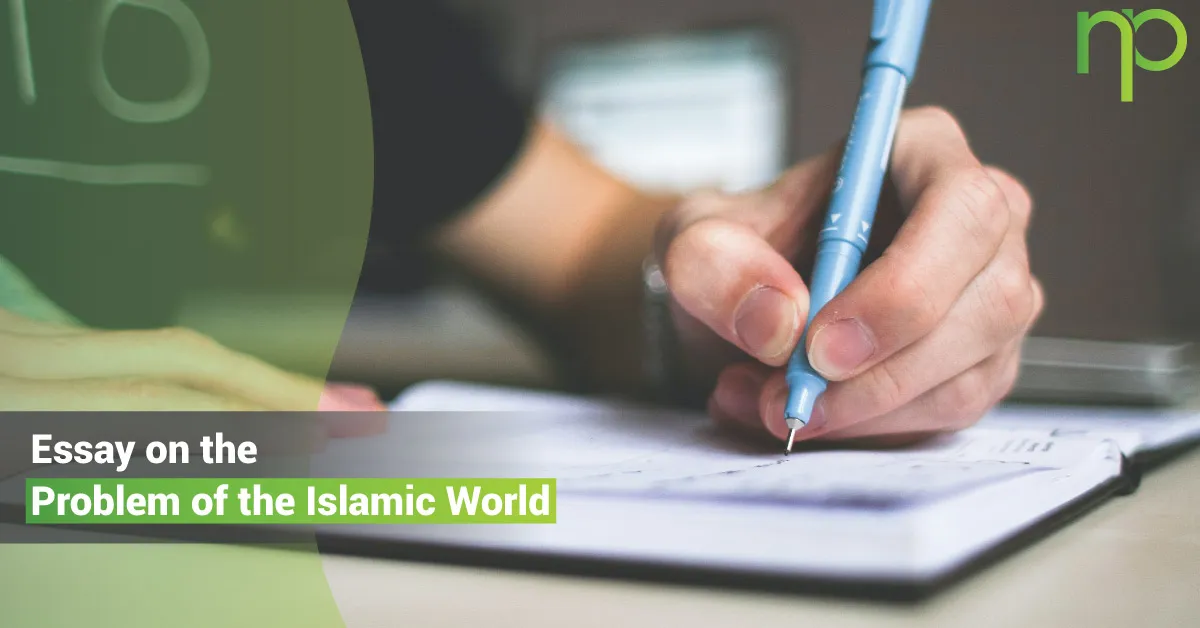
- November 21, 2023
- ubaidah khan
- 0
The Islamic world, with its amusing history and diverse societies, faces countless challenges that influence its political, economic, social, and cultural spheres. In this essay, we claw into the complications of the problems faced by the Islamic world, understanding the literal environment, contemporary issues, and implicit pathways for positive change.
The Islamic world, measuring across continents and societies, is brazened with a range of challenges that bear nuanced understanding and cooperative solutions. From historical patrimonies to contemporary issues, geography is intricate and multifaceted.
Historical Context:
To comprehend the challenges the Islamic world faces, it’s pivotal to claw into the historical context. The heritage of colonialism, geopolitical influences, and the shaping of public identities have left a continuing impact on the political, economic, and social structures of Islamic nations.
Political Instability:
Political insecurity is a recurring challenge within numerous Islamic nations. Internal conflicts, governance issues, and geopolitical battles contribute to a lack of stability, hindering progress and regional cooperation.
Economic Struggles:
Economic challenges persist, with numerous Islamic nations scuffling with differences and obstacles to development. Factors similar to corruption, resource mismanagement, and external economic pressures contribute to the struggles faced by these nations.
Social and Cultural Concerns:
Social and cultural encounters, including characteristics, diversity, and social sticking together, pose substantial hurdles to progress. Balancing tradition with modernism and addressing societal divides bear careful navigation.
Religious Divides:
Religious pressures and divides, both within and between Islamic nations, impact harmony and cooperation. Chancing common ground and fostering religious forbearance are essential for erecting stronger, more inclusive societies.
Education and Knowledge Gaps:
Educational challenges, including access to quality education and knowledge gaps, hamper invention and progress. Investing in education is vital for empowering coming generations and fostering intellectual growth.
Role of External Influences:
External powers and interventions play a complex part in shaping the fortune of Islamic nations. Balancing the need for collaboration with securing sovereignty is an ongoing challenge for these nations.
Security Enterprises:
Security challenges, ranging from internal conflicts to external pitfalls, impact peace and stability within the Islamic world. Addressing these enterprises is pivotal for fostering a secure terrain for growth and development.
Human Rights Issues:
Human rights challenges persist within the Islamic world, challenging a commitment to perfecting conditions and assuring the protection of abecedarian rights for all citizens.
Gender Inequality:
Gender differences pose challenges to the full participation and commission of women in Islamic societies. Addressing gender inequality is pivotal for achieving sustainable development and progress.
Technological and Innovation Gaps:
Technological challenges, including gaps in invention and structure, impact the global competitiveness of Islamic nations. Bridging these gaps is essential for staying abreast of advancements in the ultramodern world.
Environmental Challenges:
Environmental issues, similar to climate change and resource reduction, pose pitfalls to the sustainability of Islamic nations. Adopting eco-friendly practices and sustainable development is critical for the well-being of these societies.
Youth Unemployment:
Youth joblessness is a pressing challenge, taking strategic enterprise to give openings for the youngish generation. Investing in education, vocational training, and entrepreneurship can address this issue.
Unity and Cooperation:
Amidst the challenges, enterprises promoting concinnity and cooperation among Islamic nations give a shaft of opportunity. Cooperative exertions can lead to participated results and collaborative progress.
Conclusion:
In conclusion, the problems faced by the Islamic world are intricate and multifaceted, taking a comprehensive and cooperative approach. Understanding the literal environment, addressing contemporary issues, and fostering concinnity are essential ways to prostrate these challenges. As the Islamic world navigates this complex geography, it holds the eventuality for positive metamorphosis and sustained progress.